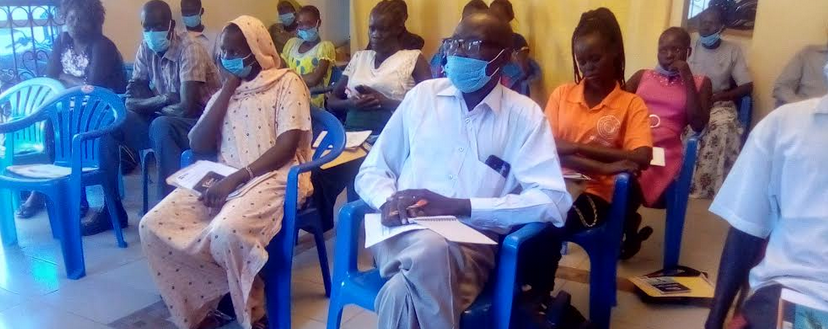Over 30 teachers drawn from different schools in Torit, Eastern Equatoria State, last Friday commenced a 10-day training in alternative learning to equip them with skills on how to handle and empower pupils.
An Alternative Learning Program (ALP) bespoke approaches to curriculum in response to students’ learning, behavioral, social, and wellbeing needs, in a supportive environment that is outside of a student’s regular classroom, and for more than five hours per week. ALPs aim to enable students to return to their mainstream programs as soon as possible.
The training is organized by BRAC in collaboration with the state ministry of education.
The BRAC Torit area manager, Duku James, told Radio Tamazuj that the purpose of the program is to mobilize school dropouts and bring them back to learn.
“We want to get vulnerable children, children, out of school and we are to mobilize them. We need to work with the community to ensure that they (children) are identified and encouraged to come to the school and learn like other children,” Duku said. “This program runs for three years and in the fourth year, they will join primary five. That is the purpose of the program.”
“It is very important we realize many children are out of the school for one reason or another and these are the ones to be mobilized,” he added.
For his part, the director of ALP in the state, Ambrose Oyet, called on the teachers to render services to the community after the training.
“You are brought here to be trained so that you go and deliver what you have acquired from here to your learners in the various communities which you have come from,” Oyet said. “This ALP program is under the Department of Alternative Education System which is an umbrella and is a national program.”
Meanwhile, the director for quality assurance at the state ministry of education, Lokulang Lokudu Faustino, said the program is an option for learners who left school and is a great opportunity for them to catch up.
“It is very important because it is an option to other learners who have not got a chance or an opportunity to catch up with formal education. It provides an option for students with risk factors that impact their progress in the traditional school environment,” he said.




